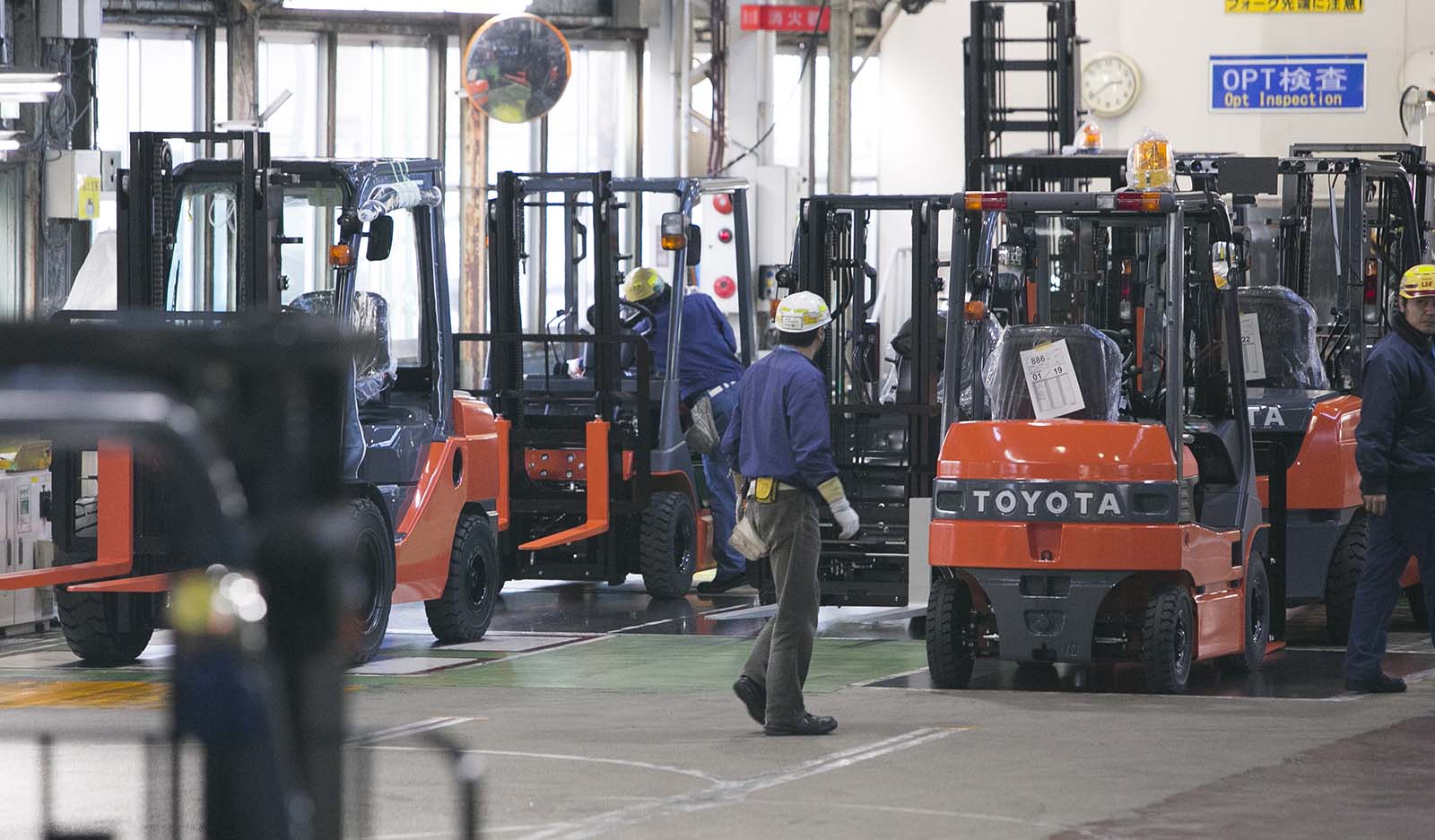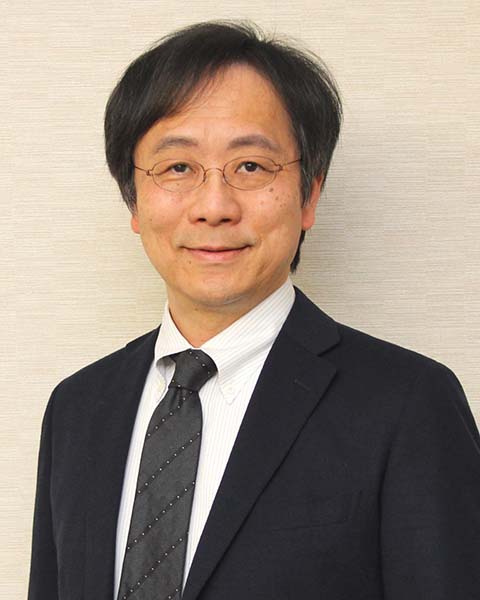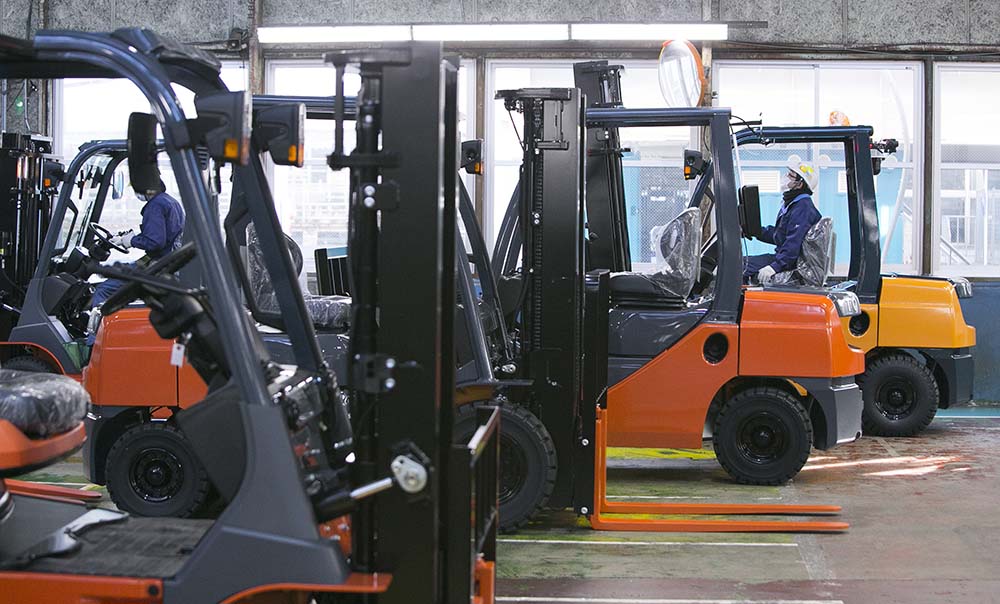
Toyota Material Handling Group innovates forklift, factory, service and logistics solutions with digital transformation
Toyota Material Handling Group is the largest forklift manufacturer in the world, but its customers require much more than warehouse trucks and equipment. To better serve them, the global business is expanding and enriching its logistics solutions with digital innovation and Toyota’s renowned principles in lean and efficient manufacturing.
By providing solutions with artificial intelligence, mixed reality and the Internet of Things (IoT), Toyota Material Handling Group is helping customers meet the global rise in e-commerce and move goods quickly, frequently, accurately and safely.
With Microsoft technologies, the solutions range from connected forklift and field service systems available today to AI-powered concepts that pave the way for intelligent automation and logistics simulation – all designed with Toyota’s standards for optimizing efficiency, operation assistance and kaizen, or continuous improvement.

Toshihide Itoh, associate director and CIO of Toyota Material Handling Group.
“Our direction is going to more systemizing and logistics solutions, services in digital automation, AI analytics and IoT,” says Toshihide Itoh, associate director and CIO of Toyota Material Handling Group, an Aichi, Japan-based division of Toyota Industries Corporation. “We also continue to improve our forklift trucks, because this is our origin. But customers need more and more efficient logistics and we need digital innovation to accelerate and expand our business.”
At the Hannover Messe show in Germany this week, Toyota presented its vision for a future warehouse with lean logistics and pre-trained, intelligent forklifts. Enabled with machine learning and IoT services in Microsoft Azure, the vehicles can quickly learn navigation in a virtual model of a customer’s warehouse, a so-called “digital twin.” Customers can experience the trucks interacting with their physical and virtual environment.
The ability to simulate and visualize a physical environment will help solve one of the biggest challenges in the industry: the long deployment time for customized IoT solutions. Installations can normally take six months to a year, but using machine learning and digital twins can significantly shorten the time.
“For customers, this is a very important benefit,” Itoh says of the project, created by Toyota Material Handling Europe.
Once deployed, the intelligent forklifts and other automated guided vehicles (AGV) can adapt to live conditions, continually improve performance and communicate with other machines in a “swarm” that sends the right trucks to the right tasks at the right time.
Machine learning also plays a big role in a factory innovation project that Toyota Material Handling North America is working on with Microsoft. Engineers with both companies are building AI algorithms with sound to evaluate and verify welding quality, an important part of building forklifts.
Earlier this year, the teams worked with welders in Toyota’s Indiana factory and recorded sound from the factory floor. Then they created a machine learning platform to drive product quality, customer satisfaction and better training opportunities for new employees.
“We use machine learning and AI to do things that people cannot do by themselves, like analyze big data quickly,” Itoh says. “AI analysis can lead to new solutions and give open time for people to utilize their brain. That’s very important. So they share some work with AI and it makes everyone and everything more productive.”
Itoh became CIO of Toyota Material Handling Group in 2017, after leadership roles in the group’s divisions for logistics systems, forklift research and development, and advanced system solutions. The work helped him understand different aspects of the industry, from equipment to logistics to customers.
“The important point of view is the customers’ point of view,” he says. “Information technology is my main responsibility, but it needs to help customers and our business team improve their operations.”
He said Azure’s global scale and services have helped the company deliver valuable solutions, including a fleet management system for customers to centrally monitor their forklift fleet. Powered by Azure IoT Edge and scheduled to deploy this spring, the telematics solution helps customers track forklift utilization, plan and predict maintenance, and improve efficiency and safety in their warehouses.

Toyota Material Handling Group forklifts.
Toyota also deployed a new field service solution with Dynamics 365 last year for proactive, connected service and maximum uptime for customers. It launched a mobile solution for connected field service in Asia on Azure. And it will use Azure IoT in its factories for predictive maintenance in the future.
The company is also developing a fully integrated dealer management system in North America with the Microsoft platform. And Toyota Material Handling Europe and North America are collaborating on a robust customer portal, powered by many data sources, to meet customer expectations in a digital world.
“We need to expand our business and see the customers’ point of view more and make them happy,” Itoh says. “But we cannot do everything by ourselves. So I am so excited for everything that Microsoft can provide as a partner to accelerate our digital transformation.”
Learn how Microsoft partners are building a sustainable future at Hannover Messe 2019.
Top photo: Toyota Material Handling Group forklifts. (All photos courtesy of Toyota Material Handling Group)

